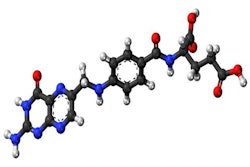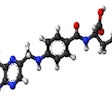
A great deal has been written about α-lipoic acid in the last few years. Based on some of these articles, this compound could be a veritable fountain of youth for our aging pets. In humans and rodents, α-lipoic acid has been associated with improved cognition during aging, repair of nerve damage associated with diabetic neuropathy, and recovery during various exercise and fitness activities. There are a few pet diets on the market that contain α-lipoic acid along with a supporting cast of other antioxidants and co-factors. These are promoted as beneficial to retention of mental faculties in the aging dog. The idea is that α-lipoic acid may play a part in extending the mental-emotional bond between man and pet farther into advanced age. So, is there more to this story regarding α-lipoic acid in pet diets and are there any drawbacks?
















